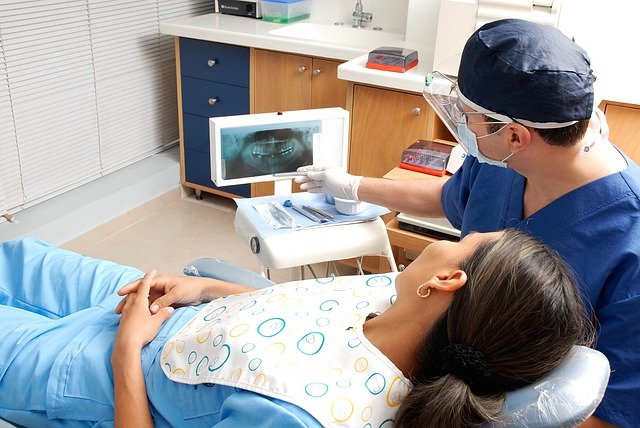Nursing Degrees: A Comprehensive Guide to Educational Pathways and Requirements
Enhance your nursing skills with Online Nursing Courses designed for flexible, self-paced learning. Gain practical knowledge, clinical insights, and professional expertise that help you advance your career while balancing other commitments, all from the convenience of your own home.

Types of Online Nursing Programs Available in 2025
The nursing education landscape continues to evolve with technology, offering diverse online learning options. Associate Degree in Nursing (ADN) programs typically take 2-3 years to complete, while Bachelor of Science in Nursing (BSN) programs require 4 years of full-time study. Many institutions now provide hybrid formats, combining virtual coursework with in-person clinical rotations at healthcare facilities in students’ local areas.
Essential Components of Online Nursing Training for Beginners
Entry-level nursing education focuses on fundamental healthcare concepts and clinical skills. Core curriculum elements include anatomy, physiology, pharmacology, and basic patient care procedures. Students must complete supervised clinical hours, even in online programs, to gain hands-on experience. Programs typically require prerequisites in biology, chemistry, and mathematics before beginning nursing-specific coursework.
Advanced Online Nursing Courses and Specializations
Graduate-level nursing education offers opportunities for career advancement and specialization. Master of Science in Nursing (MSN) programs allow nurses to focus on areas such as nurse practitioner roles, nursing education, or healthcare leadership. Doctoral programs, including Doctor of Nursing Practice (DNP) and Ph.D. in Nursing, prepare professionals for advanced clinical practice, research, and academic positions.
Accreditation and Licensing Requirements
Nursing programs must maintain accreditation from recognized organizations such as the Commission on Collegiate Nursing Education (CCNE) or the Accreditation Commission for Education in Nursing (ACEN). Graduates must pass the National Council Licensure Examination (NCLEX) to obtain nursing licensure, regardless of their degree level.
Cost Considerations for Nursing Education
| Degree Level | Average Program Duration | Estimated Total Tuition Range |
|---|---|---|
| ADN | 2-3 years | $6,000 - $20,000 |
| BSN | 4 years | $40,000 - $80,000 |
| MSN | 2-3 years | $35,000 - $70,000 |
| DNP | 3-4 years | $40,000 - $90,000 |
Prices, rates, or cost estimates mentioned in this article are based on the latest available information but may change over time. Independent research is advised before making financial decisions.
Career Outcomes and Employment Prospects
Nursing degree graduates enter a field with strong employment prospects. The healthcare sector continues to grow, creating demand for qualified nursing professionals across various specialties and practice settings. Career advancement opportunities often correlate with education level, with advanced degrees typically leading to higher-level positions and increased earning potential.
This article is for informational purposes only and should not be considered medical advice. Please consult a qualified healthcare professional for personalized guidance and treatment.




